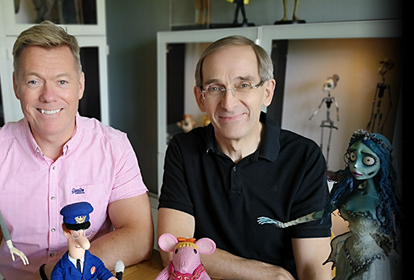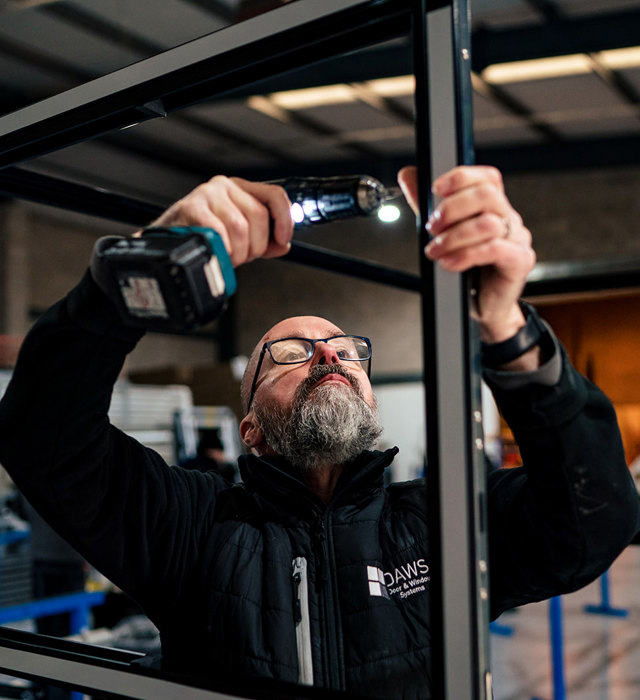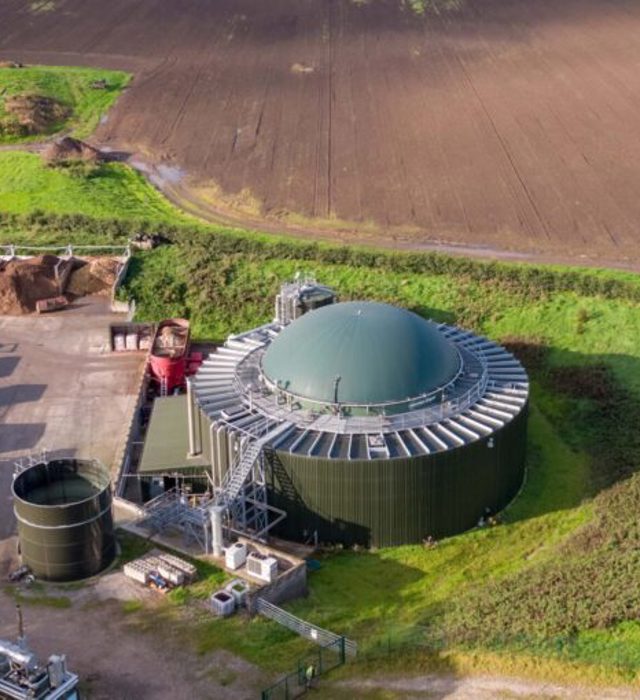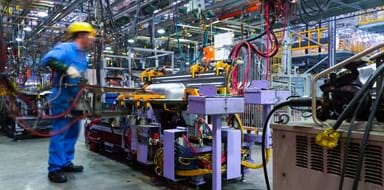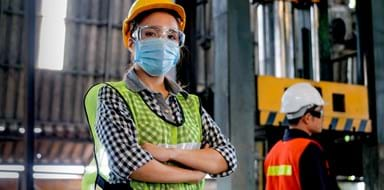Over the last three decades Mackinnon and Saunders have brought to life some of children’s most beloved TV characters including Bob the Builder, Postman Pat and the new Clangers.
Founded by puppeteers Peter Saunders and Ian Mackinnon, the company has built a global reputation through collaboration with Hollywood directors Tim Burton on Mars Attacks!, Frankenweenie and Corpse Bride; Wes Anderson on Fantastic Mr. Fox; and more recently Guillermo Del Toro on the forthcoming Pinocchio.
From its base in Altrincham the small band of stop-motion animation experts have adopted digital technologies like 3D printing as a way of keeping up with much bigger global rivals.
The forward-thinking firm now wants to embrace the very latest developments in additive manufacturing and innovative software solutions to help design, create and store its models.
Made Smarter has enabled us to contemplate a collaboration which will revolutionise certain elements of what we do.
Peter Saunders, Co-founder of Mackinnon and Saunders
The business wants to improve the quality and accuracy of its puppets in the most cost-effective way possible.
It is also looking to find a faster, more efficient way of designing and making the moulds used to recreate the parts of its puppets.
However, it cannot afford to invest in certain industrial digital technologies.
Peter Saunders said: “We’ve always been a mix of traditional craftsman skills aided and abetted by new technology and processes.
“We’ve done all our technological development in a guerrilla way, keeping abreast with what’s available and finding a way of affording that when the right project comes along.
“We can’t always afford the most high-end equipment, but we have now found a way to access it.”
Through match-funding from Made Smarter, Mackinnon and Saunders will be able to use a cutting-edge 3D printer to create high quality and accurate components for its puppets which are ready for assembly.
The project will also explore the digitalisation of its mould-making process. This means instead of physically creating moulds using epoxy resins, the company will use specialist software to design the moulds and invest in a new 3D printer to create them.
Mackinnon and Saunders believes the new process of printing the components for puppets will boost efficiency, increase productivity and grow export sales opportunities.
It estimates that the boost to the company will also benefit the region’s GVA by £311,453 over the next three years.
Peter believes the application of this specific 3D printing technology could give Mackinnon and Saunders a technological lead over its international rivals.
“Made Smarter has enabled us to contemplate a collaboration which will revolutionise certain elements of what we do,” Peter said. “The technology can be expensive, but we want to be there from the outset so we can become a world leader in its use in the area of work we are involved with.
“Being an early adopter of these new technologies could put the company in pole position to capitalise on new products and markets.
“The use of additive manufacturing will ensure that the company does not lose ground to major competitors overseas such as the US.”
The benefits of adopting digital moulds means that they can be easily exported online to clients all over the world who can then print them out locally, thus cutting out transport cost and delay.
The process can also be applied to secure the heritage and legacy of older generations of puppets, potentially for remanufacture in the future.
According to Peter, competition is fiercer now than when they started their incredible journey in 1992.
“In an era when we are blessed with such sophisticated computer-generated films from the likes of Pixar, Disney and Dreamworks, it’s great that there’s still an affection and demand for these handcraft traditional stop motion projects,” he said.
“There is more competition now in this old, anachronistic genre than when we set off.
“We’ve had a hard-won reputation for excellence and innovation, so it’s essential that we maintain that. We can’t afford to be complacent.
“Digital innovations are the obvious place to find the next technological leaps forward.
“We cannot stand still, if we don’t
adopt, then others will.”


